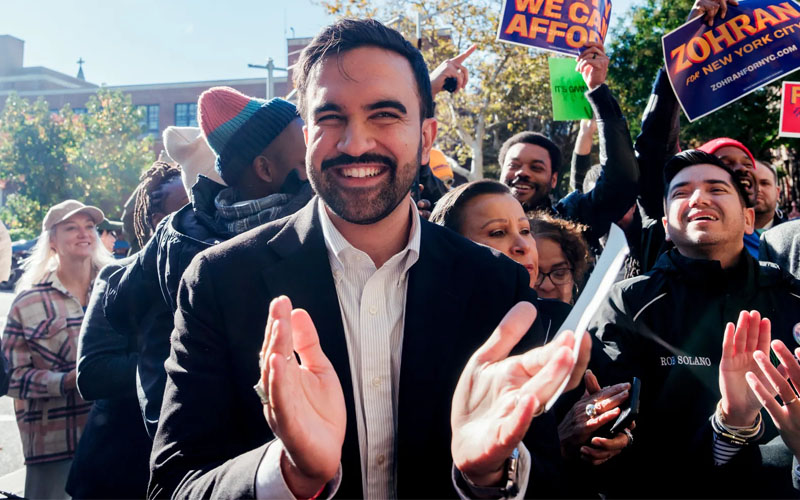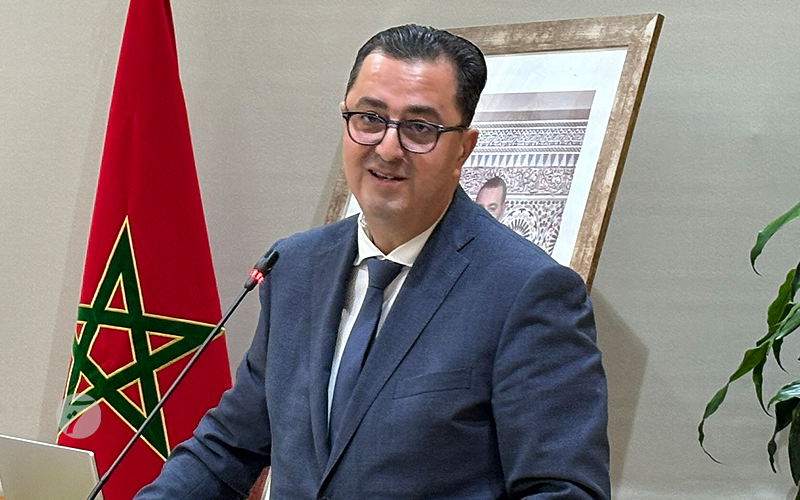Zahran Mamdani Wins New York City Mayoral Election
The election results have crowned Democratic Socialist candidate Zahran Mamdani, the new mayor of New York City, set to take office in January 2026, marking a significant moment for the “liberal fortress” of America and a stronghold of free-market policy.
Mamdani, a local politician of Indian and Muslim descent, faced skepticism from critics who view him as inexperienced for the complexities of city governance. Nevertheless, he emerged victorious in the New York City Council presidency race following a cohesive and powerful campaign.
Observers note the significance of Mamdani’s victory, as he triumphed over seasoned political rival Andrew Cuomo, the former governor of New York and a centrist Democrat who had implicit backing from the ruling elite within the party.
Many analysts believe that Mamdani’s win revitalizes the connection between the Democratic Party and its foundational principles, emphasizing the importance of “political” contributions from the working class and the impact of socio-economic programs aimed at improving the livelihoods of Americans, particularly the most vulnerable populations.
Mamdani’s Campaign Program
In his electoral platform, the 34-year-old Muslim candidate pledged to ensure free bus transportation, building on a pilot program that will implement five free bus lines in 2024. Moreover, Mamdani plans to establish municipal grocery stores to combat rising prices and offer free childcare for children under five.
While vying for the top position in the most densely populated U.S. city, Mamdani adopted a message of “hope and future” during a campaign characterized by accusations against his main competitor, Cuomo, and Republican candidate Curtis Sliwa. This message resonated strongly among youth and immigrant communities, particularly Latino and Asian voters.
This voter demographic has long been a crucial base for the Democratic Party in achieving victories, both in presidential elections and midterm contests.
Observers noted that Mamdani effectively capitalized on the “oversights” of the Democratic Party in recent years, which have led to discontent among a broad segment of previously loyal supporters.
Mamdani’s election represents a turning point for the Democratic Party, which must conduct a thorough internal evaluation to reassert its message to its base ahead of the 2026 midterm elections and the 2028 presidential elections.
As the excitement of victory subsides, Mamdani will need to forge alliances to fulfill his campaign promises and address the numerous challenges facing New York City, a metropolis of 8.5 million residents.
















